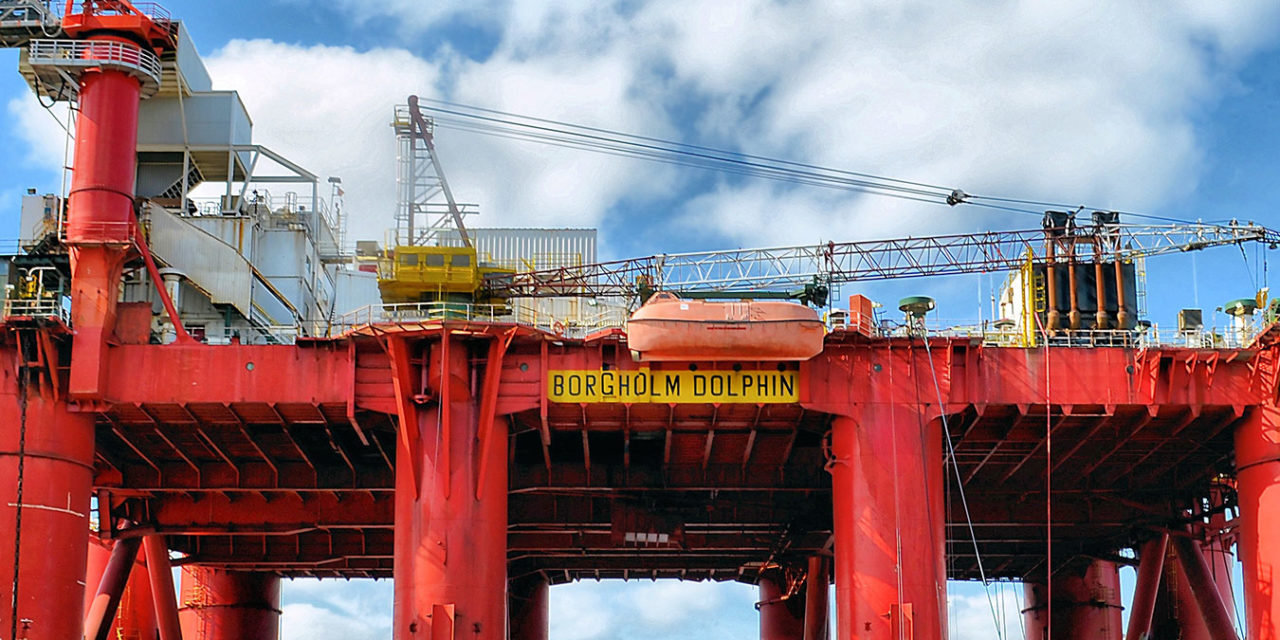Research by green groups has shown that the five major global oil and gas companies have spent more than €250 million lobbying the European Union in an attempt to influence climate action since 2010.
The investigation was done by Corporate Europe Observatory, Food, and Water Europe, Friends of the Earth Europe and Greenpeace EU and was based on the oil companies own declarations, as well as published meetings and the EU’s lobby transparency register.
Their research showed that BP, Chevron, ExxonMobil, Shell, and Total declared spending €123.3 million lobbying the EU between 2010 and 2018 and the trade associations representing these companies spent a further €128 million over the same period.
The analysis showed that the oil firms, as well as their industry groups, have 200 lobbyists in Brussels who have held a total of 327 meetings with top EU officials since 2014.
The researchers into fossil fuel lobbying at the EU also said that the €250 million figure is the tip of the iceberg, as their report does not examine national parliaments and institutions and in some years the big five companies did not make any declarations in the register, which is voluntary.
Most of the big five oil and gas companies did respond to journalists for comment on the allegations except for BP. They insisted that there was no conflict of interest between their industrial activities and their high-level executives meeting EU policymakers on a regular basis.
The EU is seen as a global leader on climate action and there are fears that fossil fuel companies are deploying delaying tactics to try and water down climate legislation. There are fears that even in the EU, member states are not phasing out fossil fuels quickly enough to comply with the 2015 Paris climate accord to limit warming to under 2C.
Oil Majors Reject Findings
A spokeswoman for Shell said that the company “firmly rejected” the findings of the report and said “we are crystal clear about our support for the Paris agreement. Everything we do is to advocate for good policy outcomes to that end.”
ExxonMobil also defended its actions and said that it “complies fully with the requirements of the EU Transparency Register [and] believes that climate change risks warrant action and it’s going to take all of us – business, government, and consumers – to make meaningful progress.”
But green groups are not convinced.
“This is part of a long trail of the fossil fuel industry delaying, weakening and torpedoing much-needed climate action,” Pascoe Sabido, a campaigner with Corporate Europe Observatory, told AFP.
Green groups and other companies totalling 200 organisations are now calling for a ‘firewall’ to protect EU officials and lawmakers from fossil fuel lobbyists. Evidence points to lobbying as being successful. For example, lobbying by fossil fuel companies was high in 2014 during discussions over the EU’s 2030 climate targets, which as a result were weakened.
In a recent investigation, the Guardian found that the big oil companies and the car industry had the most success in diluting climate policy out of all the biggest investor-owned industries.
The facts suggest that despite their warm words in support of climate action and the Paris agreement, oil and gas companies are planning to spend $5 trillion on new exploration by 2030.
“Tackling the climate emergency means leaving the vast majority of known fossil fuel reserves underground and that is incompatible with the future projections of these firms who are going to massively increase their production over the next 10-20 years,” Sabido said.
But the tide of public and official opinion is beginning to turn irreversibly against the fossil fuel companies. The US Congress had a hearing on Wednesday this week examining the oil industries’ attempts to suppress the truth about climate change. While earlier this month in the UK, the Shakespeare Company announced it was ending its sponsorship deal with BP and the National Theatre ended their similar deal with Shell.
- Why is California So at Risk from Wildfires? - 13th November 2019
- Carbon Offsetting is Growing but Does it Make a Difference? - 11th November 2019
- Three Confirmed Dead as Australia Prepares for “Catastrophic” Bushfires - 11th November 2019






